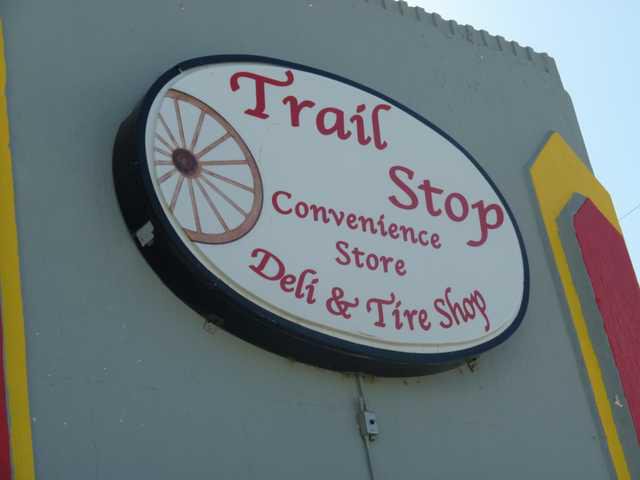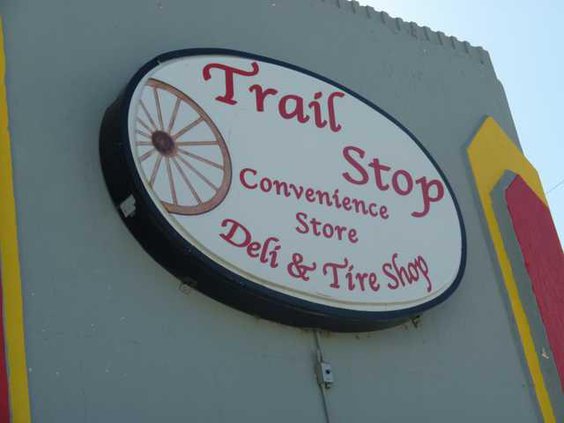By Jim Misunas
jmisunas@gbtribune.com
LARNED — Bob Wetmore serves as associate director for Great Plains Development, Inc., a 501c corporation. Great Plains is a multi-service organization that serves as a funding mechanism for multiple loans and grants that help pay for various infrastructure and business improvements.
Wetmore visited the Pawnee County Commissioners during a recent meeting. Pawnee County has received assistance for 19 projects that have provided $14.4 million in improvements since 1985.
“That $14.4 million investment preserved 28 jobs and produced an additional 28 jobs, which is something the Kansas Department of Commerce likes to chart,” Wetmore said.
The largest project was a $7.1 million wastewater treatment facility that features a submersible lift station in 2006. The city provided $6,7 million in bonds. A Community Development Block Grant (CDBG) provided $400,000.
In 2010, the city of Larned received a $400,000 CDBG for installation of various improvements to the electrical system. The city matched the grant with $1.1 million.
Wetmore said GPDI provides technical assistance for a 28-county area in western Kansas. Great Plains can provide grant writing assistance.
Information is available about Great Plains at the web site (http://www.gpdionline.com); or by calling (620) 227-6406.
Future water and sewer projects have a Sept. 28 deadline. Future fire and ambulance proposals have an October deadline.
“It could be streets or water or an electrical interconnect,” Wetmore said. “We will work together for a package that will work for that client. We listen to what they have to say and fit the pieces together.”
Great Plains also provides tax credit funds that can be used for local projects. Great Plains acquires tax credits, which are made available to counties.
“Anytime you bring tax credits back to the area, it brings money back into the local community that would otherwise be used somewhere else,” he said. “They can be used for companies that want to expand and everything from grocery stores to gas stations. There is no limit to what they can be used for.”
One project that Wetmore is helping with is a Kansas State asset-mapping project that will be a detailed phone directory with a data base of service providers in his 28-county area.
Here are some other recent Pawnee County recipients.
• The city of Larned received a 2011 CDBG from the Kansas Department of Commerce to pave 13 blocks of gravel streets in various locations. The grant was for $195,440 with the city providing $189,229 in cash and city employee labor.
GPDI prepared the application for the city and is administering the grant.
• Larned’s Trail Stop offers travelers and residents convenience store service. The store offers a variety of products and services. Located south of the railroad tracks just off U.S. 56. It was purchased in Dec. 2009 and opened in March 2010 with the assistance of a $40,645 GPDI loan. GPDI has funded the additional working capital loan through its own Tax Credit RLF for the project. The Trail Stop has added three jobs to the community.
Troy and Cindi Smith operate the business from the former Co-op building. The store sells general convenience store items seven days a week. GPDI provided the funding for tenant improvements, to purchase inventory and for working capital through their Rural Business Development Tax Credit revolving loan fund for $12,000. Additional financing for equipment was obtained through Numerica Capital Group and Dell.
• The city of Rozel received a grant of $372,000 for a water project in 2009. The city injected $682,600 into the project. GPDI prepared the application for the city and is administered the grant.
CDBG funds are available in five categories — Community Facilities ($400,000 maximum); Water/Sewer ($500,000 maximum); Urgent Need ($400,000 maximum), KAN STEP ($300,000 maximum). Housing ($400,000 maximum) is based on the number of units to be rehabilitated.
Great Plains Development enhances Pawnee County




